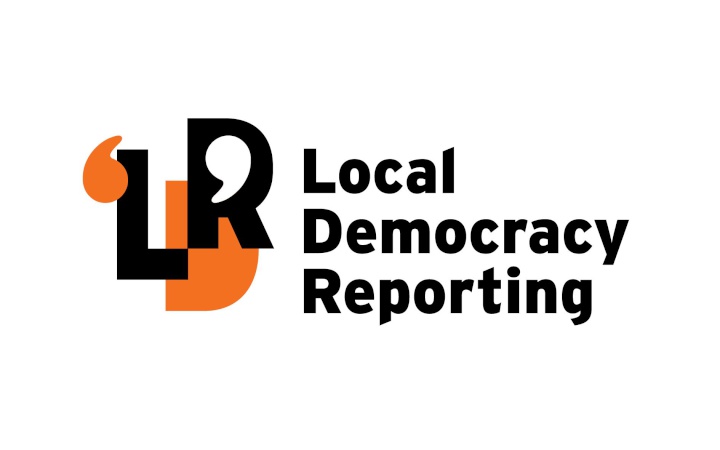Funding tourism infrastructure is not a ‘‘one-size fits all’’, says a North Canterbury tourism leader.
While a national strategy is needed, local solutions are also important, Hurunui Tourism manager Graeme Abbot said.
He was commenting on a submission by Hospitality New Zealand to the Hurunui District Council’s 2024/34 Long Term Plan.
The submission said there was a funding shortfall for infrastructure, particularly in tourism towns which relied a small ratepayer base.
But Hospitality New Zealand did not support the ‘‘ad-hoc way’’ some councils were looking to impose accommodation and congestion levies.
It called for a national strategy and source of funding to support tourism infrastructure.
Finding short-term accommodation for staff was another headache for tourism operators.
An international visitor levy of $35 per person is already in place to help fund tourism and conservation projects.
But Mr Abbot said Hurunui preferred to collect its own targeted rate as it provided more certainty.
‘‘I agree we need a national strategy, and if you look at the international visitor levy, I don’t think it is going to stop people coming.
‘‘In Hurunui, we collect our own targeted rate, which is overseen by a local tourism board. The advantage is, we know what we are getting.’’
Mr Abbot said there were concerns about AirBnB-type accommodation not paying the same levies and charges as motels and hotels.
The Hanmer Springs Thermal Pools & Spa has been renting property to accommodate staff and was considering longer term solutions, such as building its own houses.
Destination Kaikōura manager Lisa Bond said there was a need for a national fund to support small districts with high visitor numbers to ensure a more ‘‘equitable distribution of resources’’.
Kaikōura had benefited from Government support, such as the Tourism Infrastructure Fund, for projects such as the Link Pathway.
‘‘Central and local governments could establish grant programmes to support tourism infrastructure projects in high-need areas,’’ she said.
‘‘These grants can be competitive, ensuring that the most impactful projects receive funding.’’
A co-ordinated effort between local and central government was needed to address accommodation issues, she said.
Tourism Minister and Hospitality Minister Matt Doocey said the Government had set an ‘‘ambitious target’’ of doubling export income.
‘‘If you look at tourism, at the moment it is our second biggest earner and there is no reason why it couldn’t be our biggest earner again.’’
The Government was reviewing the international visitor levy and had sought feedback on whether to increase it.
The levy did not apply to Australians or Pacific Islanders.
Mr Doocey said the Government would help to alleviate some of the pressure on housing by freeing up land.
Some councils were creating a register of short term accommodation (such as AirBnB) for rating purposes.
‘‘But those types of accommodation can also attract visitors to an area,’’ he said.
He acknowledged there was pressure on smaller communities to maintain infrastructure for tourism.
LDR is local body journalism co-funded by RNZ and NZ On Air.



 Gordon Campbell: On Why We Can’t Survive Two More Years Of This
Gordon Campbell: On Why We Can’t Survive Two More Years Of This NZ Customs Service: New Year Begins With Customs Arrests For Three Alleged Drug Couriers
NZ Customs Service: New Year Begins With Customs Arrests For Three Alleged Drug Couriers Helen Leahy: Honourable Dr Dame Tariana Turia
Helen Leahy: Honourable Dr Dame Tariana Turia Animal Justice Party: Major Brands Linked To Alleged Widespread Animal Cruelty In New Zealand Wool Industry
Animal Justice Party: Major Brands Linked To Alleged Widespread Animal Cruelty In New Zealand Wool Industry NZ Police: Police officer killed following an incident in Nelson
NZ Police: Police officer killed following an incident in Nelson NZ Government: New Year, New Medicines
NZ Government: New Year, New Medicines New Zealand Defence Force: Former Chief Of Army Recognised For Four Decades Of Service
New Zealand Defence Force: Former Chief Of Army Recognised For Four Decades Of Service


